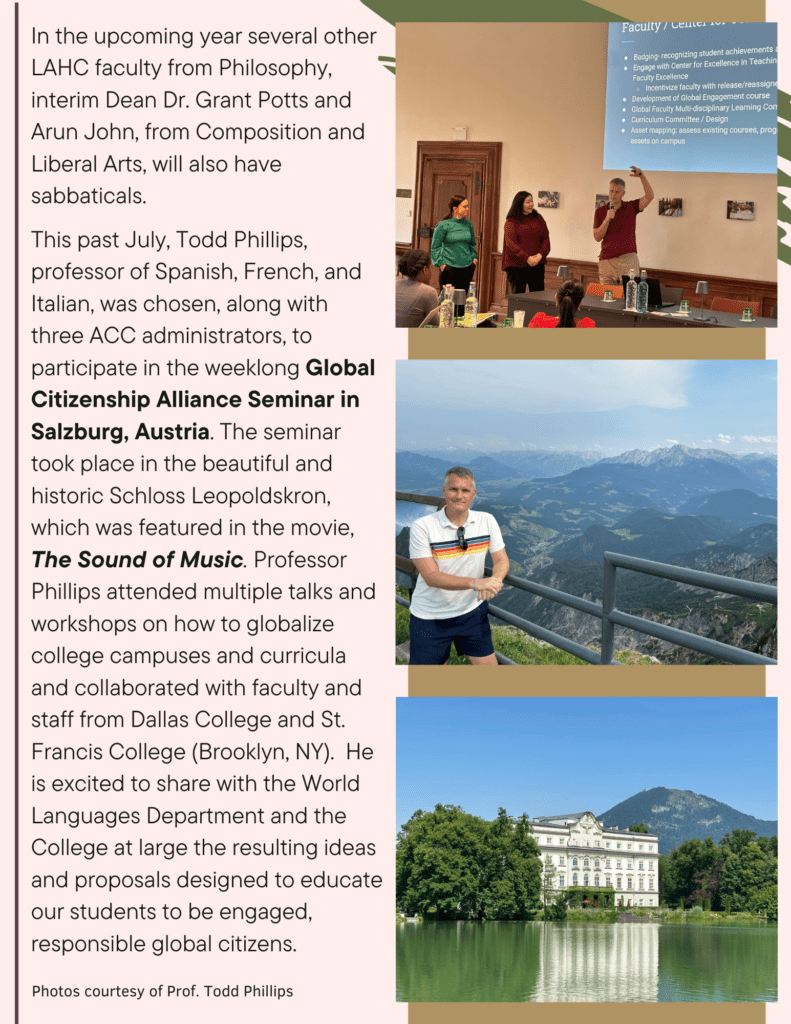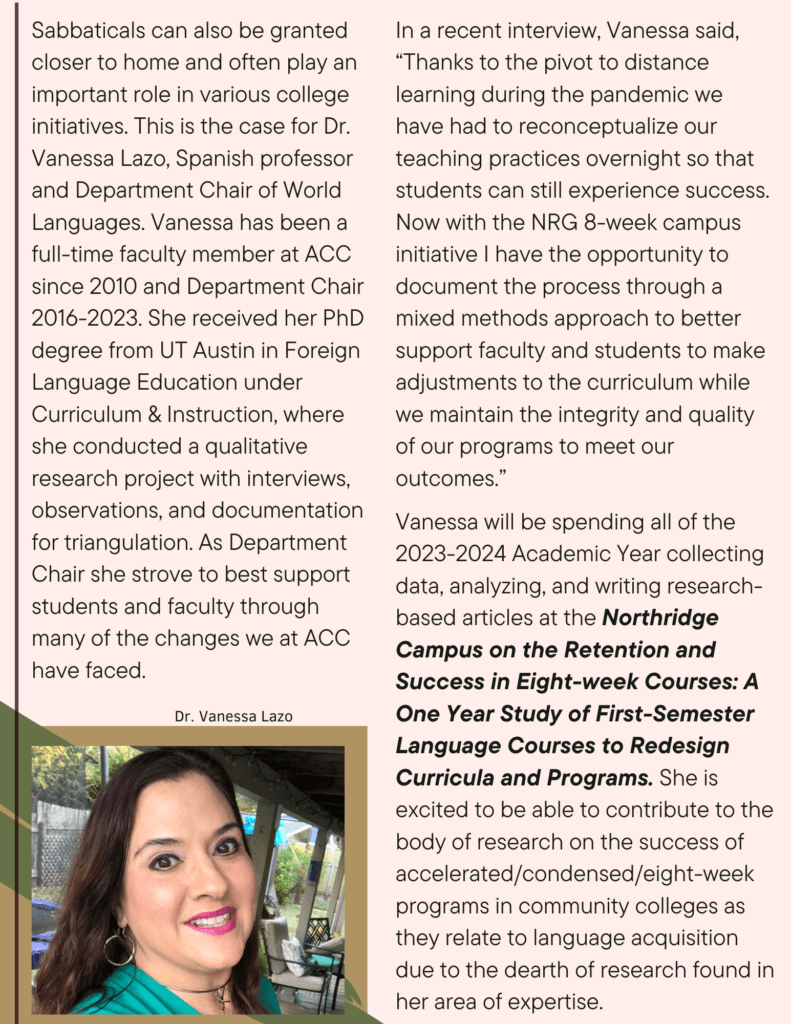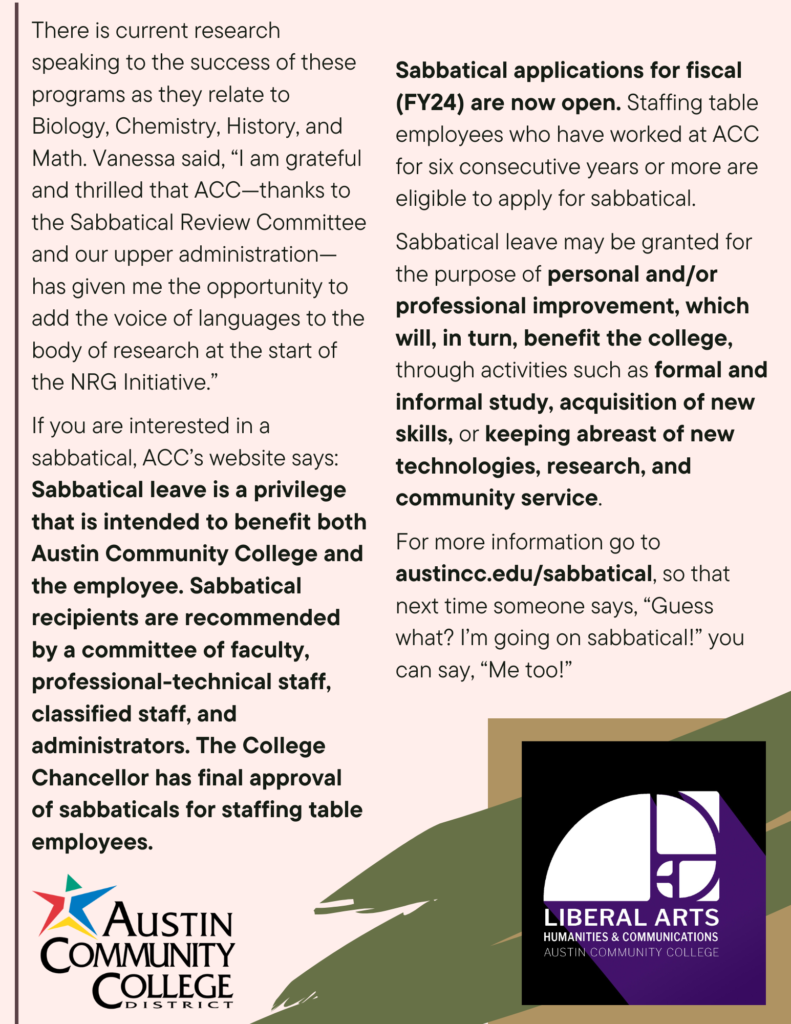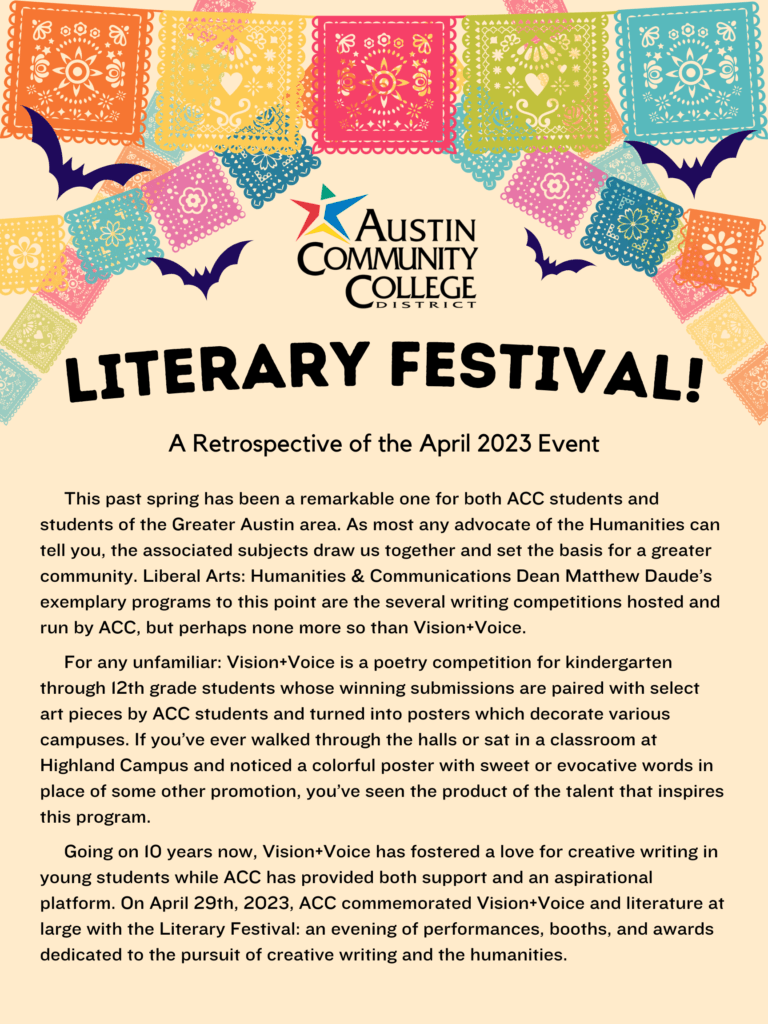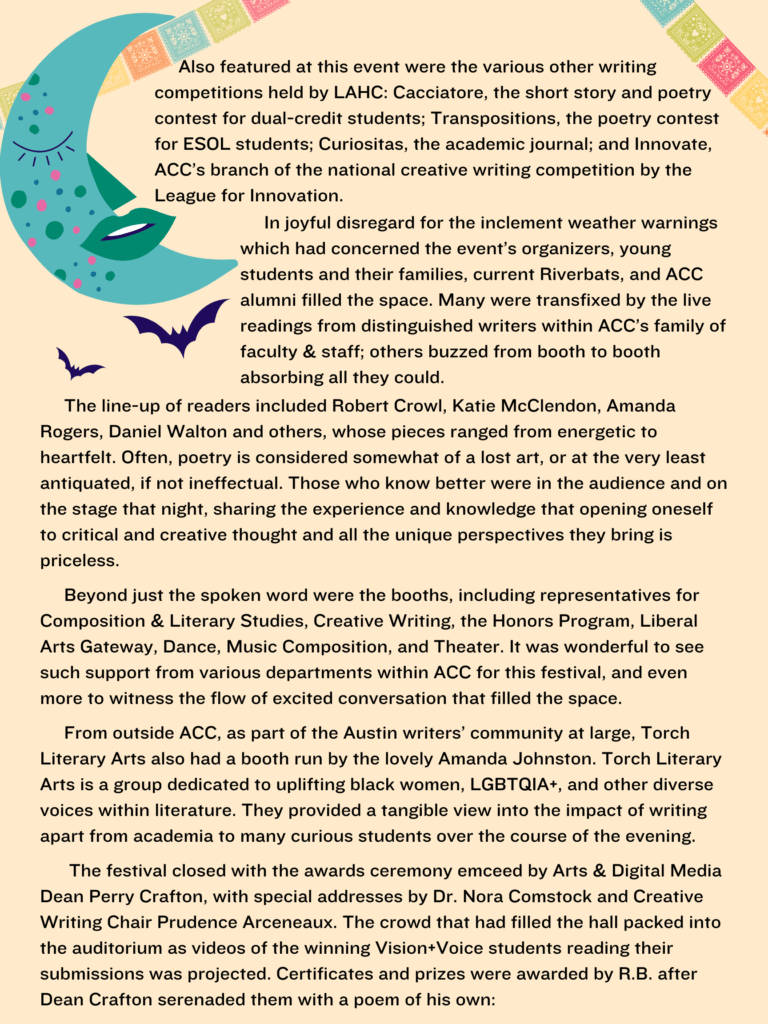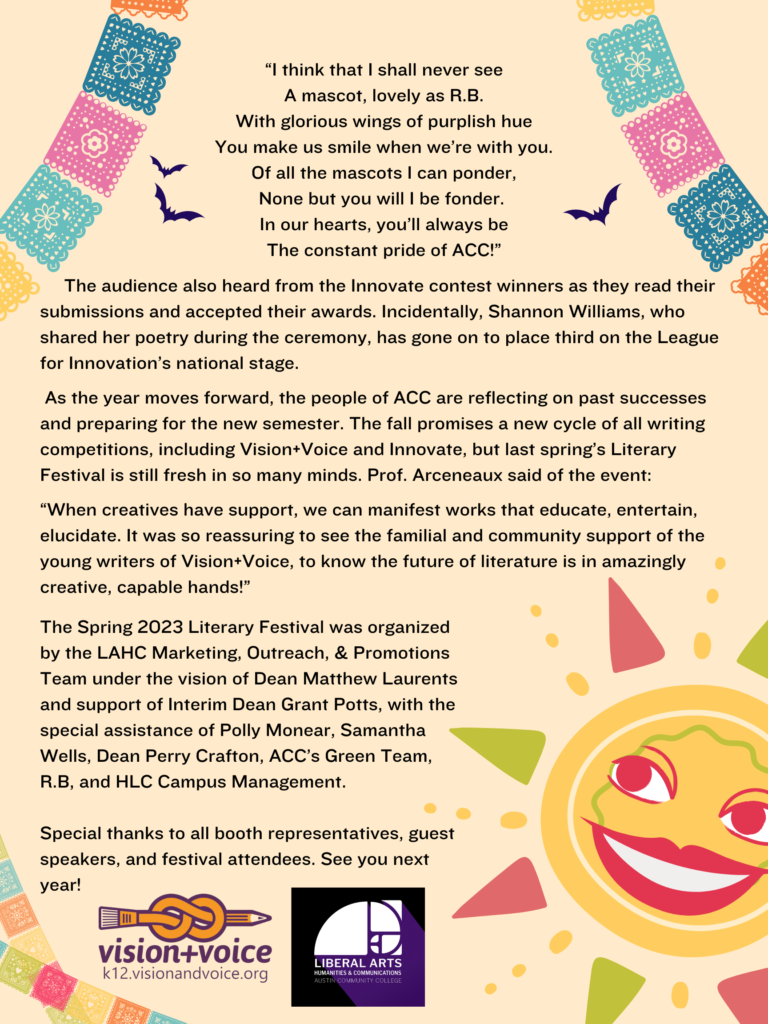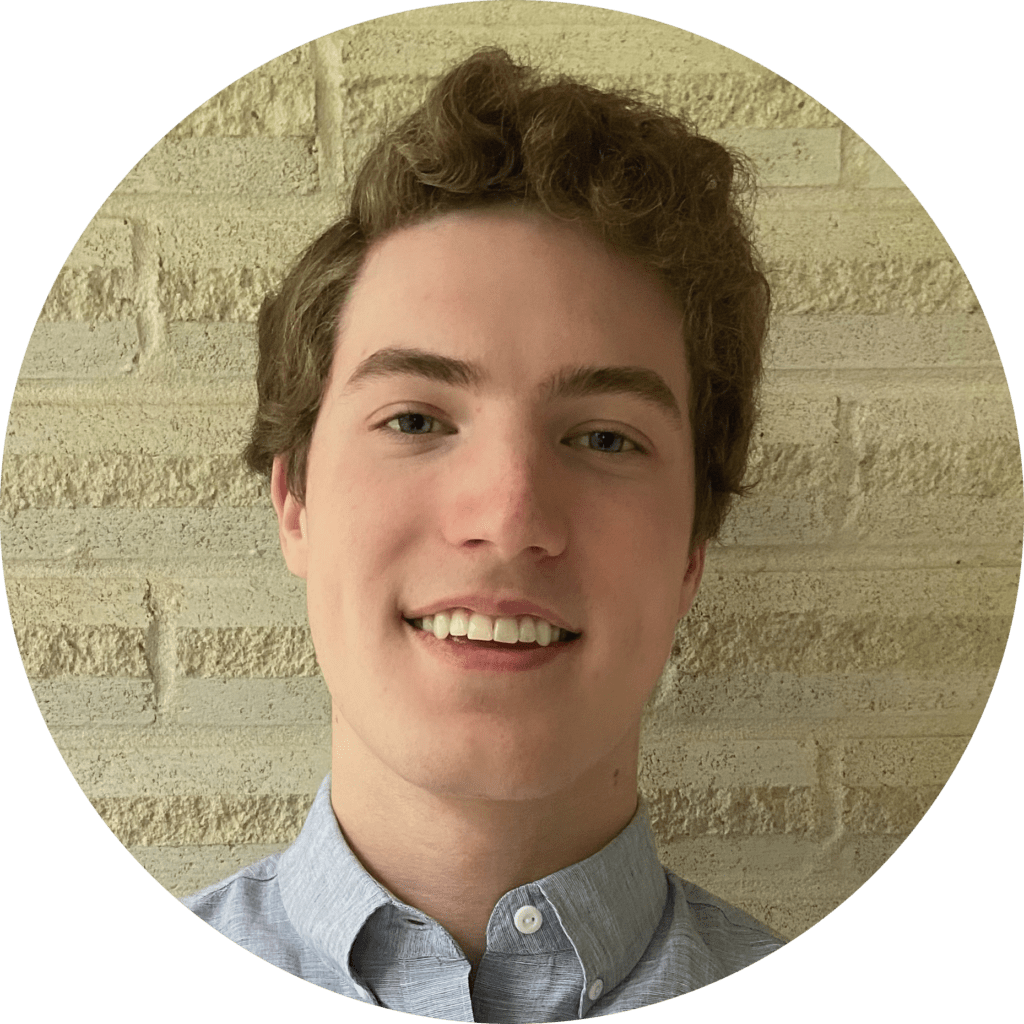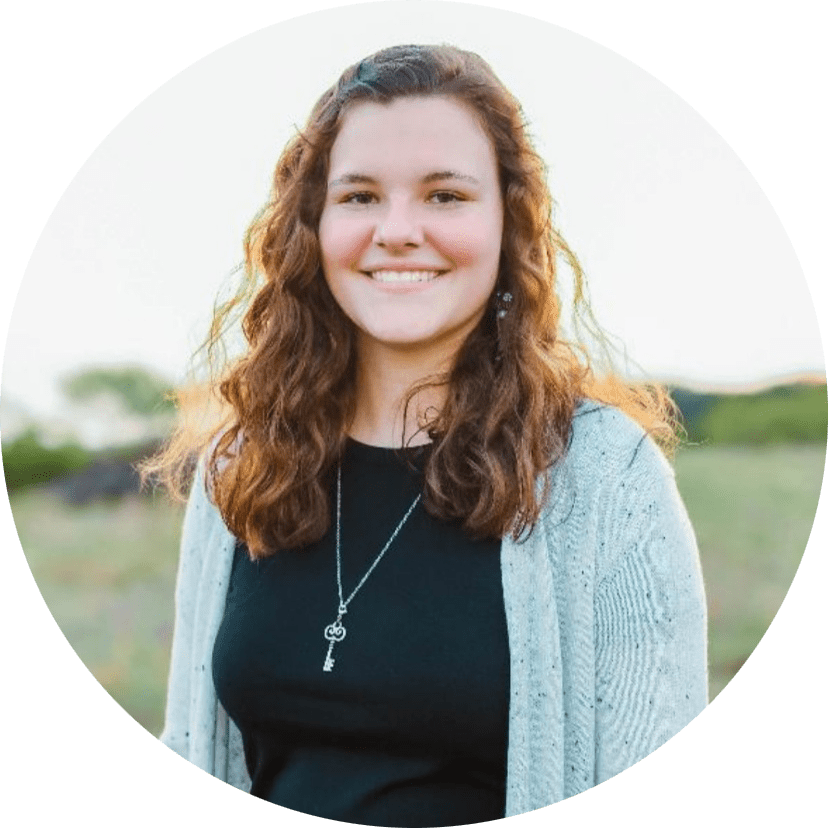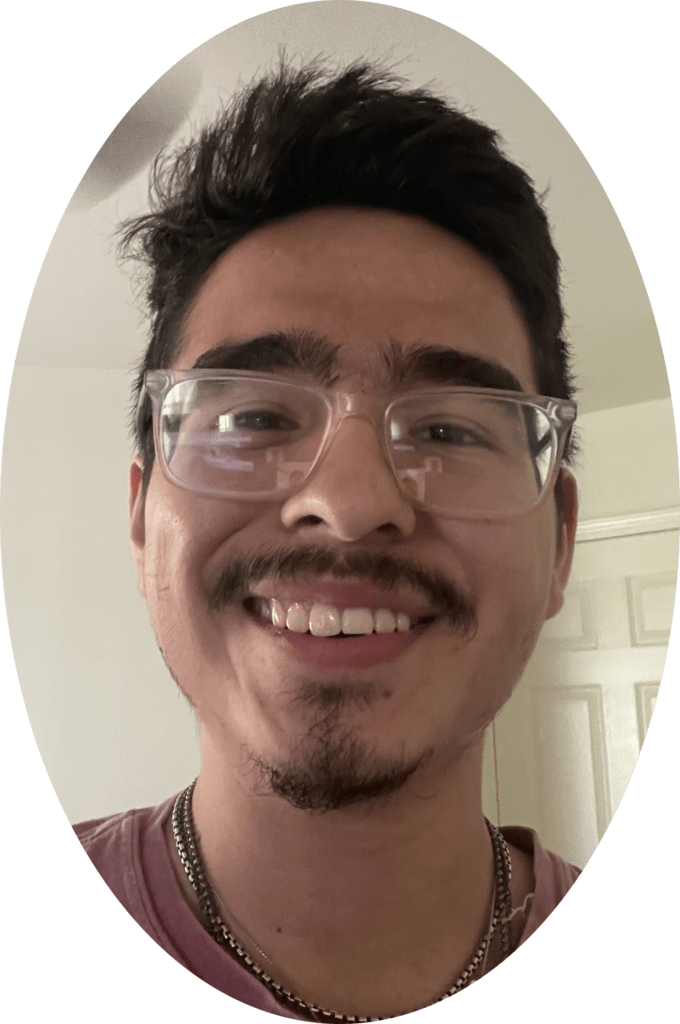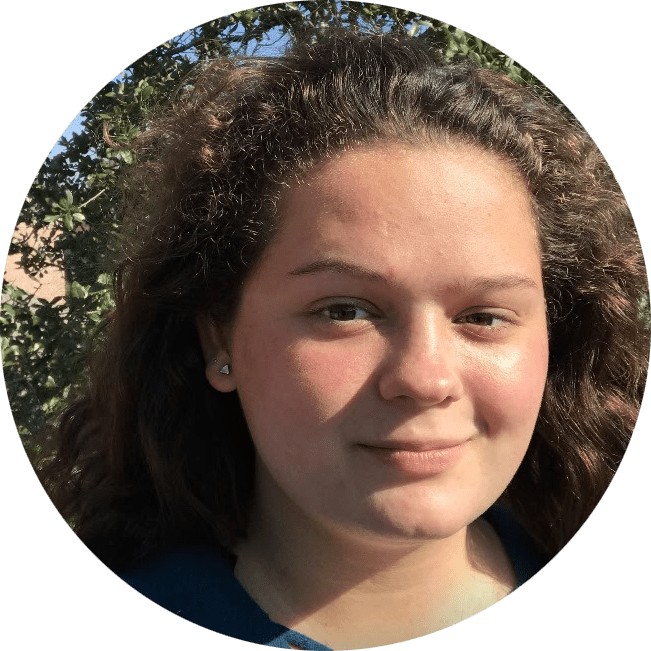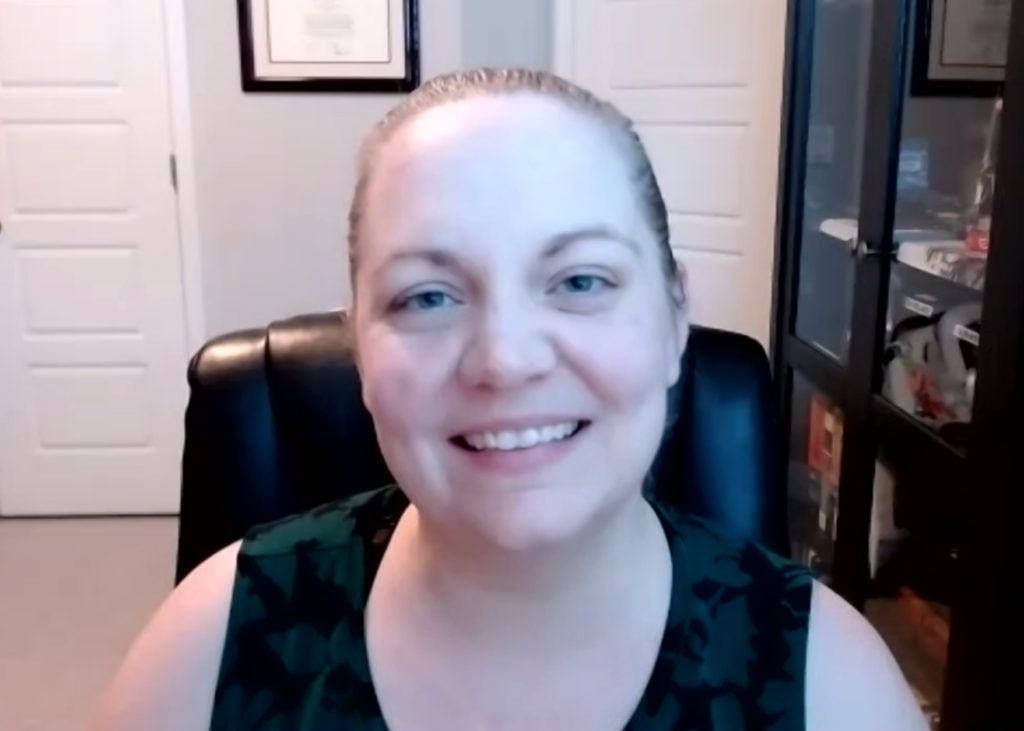This is my welcome message at the first plenary session, Thursday, 12 October 2023
It is with great pleasure and a warm Texan welcome that I stand before you today. We are truly delighted to have you here, and we extend our heartfelt greetings to educators, scholars, and enthusiasts from near and far who have gathered to celebrate the profound significance of the humanities.
The humanities are the backbone of our society, the wellspring of culture, and the cradle of understanding. They inspire us to explore the complex tapestry of human experience, to question, to empathize, and to reflect on the world we inhabit. The humanities remind us of our shared history, the diverse voices that have shaped our past, and the boundless potential to shape our future.
In an era marked by rapid technological advancements and shifting paradigms, the humanities remain our compass, providing the ethical and philosophical guidance necessary to navigate the complex challenges that confront us. They help us interpret, communicate, and appreciate the human condition across different cultures, eras, and viewpoints.
Throughout this conference, we will explore the transformative power of the humanities, how they enrich our lives, inform our decisions, and inspire our students. And as we come together to honor the humanities, we remember that our work in community colleges is a noble pursuit, helping to make these essential disciplines accessible to all. We empower our students to become informed, empathetic, and critical thinkers, fostering a more enlightened and compassionate world.
So, as we embark on this journey of discovery and enlightenment, let us embrace the opportunity to learn, connect, and celebrate our commitment to the humanities. I have no doubt that our time here will be a wellspring of inspiration, and our collective endeavors will continue to enrich the minds and hearts of countless individuals.
Thank you for being here and for your unwavering dedication to the humanities. Together, we are fostering a brighter future through the power of knowledge, understanding, and the indomitable human spirit.
I acknowledge your applause, but perhaps not in the way you think.
The welcome I just read underscores the importance of partnerships like the Community College Humanities Association and the urgency of this gathering of humanities scholars: Those six paragraphs were written entirely by ChatGPT.
This isn’t a gratuitous stunt. Rather, that “welcome” reveals what I believe to be the true danger of AI: It’s not so much what AI can do, but what we do to AI. Our own all-but-irresistible impulse to project agency and autonomy onto the source of words like these — Remember: you clapped — is a profound danger, precisely because that source is devoid of identity or aspiration, absent of suffering or sorrow, lacking memory or history — at least for now.
I heard a few gasps when I revealed the source. But how surprised should we be? AI is only one part of a much larger historical moment. How many of us identify so deeply with our own social media avatars that, at least to some degree, we outsource our autonomy to the forces that determine the landscapes of social media? And who among us doesn’t recognize the slippery slope of merging our identity with roles in institutions that dehumanize us — which makes us complicit in a slow death of agency by a thousand bureaucratic compromises?
Whatever it’s called, whatever outward form it takes, wherever it is invoked, the deepest reflection on what it means to be a human being is the source of our humaneness, and today — once again — we face a crisis of agency, autonomy, and community. And, as I frequently remind my colleagues at ACC, I believe that, if anything can save us, it will be the humanities. Who, I ask you, humanities scholars — Who is most qualified, at such a moment, to safeguard human agency and autonomy?
This chatbot “welcome” underscores my real welcome, which is a call to a renewed sense of mission for the humanities, especially in community colleges. From the perspective of the crisis of the present moment, let’s note that we have always engaged and responded to the ways we use and abuse agency and autonomy and connection. No matter where you land on these issues as individual scholars and human beings, it is the fact that you empower people to have these conversations at all that matters most. And there is no better mission field for the humanities than community colleges — which are by no means immune to the forces of the present moment.
To me, that is the urgent reason for our gathering, for our conversations, our connections, and our partnerships. And so I extend this welcome, from one actual human being, to each of you.
Let me conclude with my thanks to some other actual human beings:
- Andy Rusnak and the CCHA leaders who gave ACC the opportunity to host the 2023 national conference.
- Jean Lauer and Grant Potts, who led the ACC conference team
- All the ACC faculty, staff and students who helped make this conference possible — too many to name here.
- Humanities and Communications division MOP team: you know who you are, Moppers.
Most of all, I want to thank each of you — for being here, and especially for being there for your students and faculty.
If you’re inclined to express gratitude for your experiences here, I have an unauthorized, unsanctioned suggestion: Go back to your classroom and teach like the world depends on your teaching.
Because it does.


